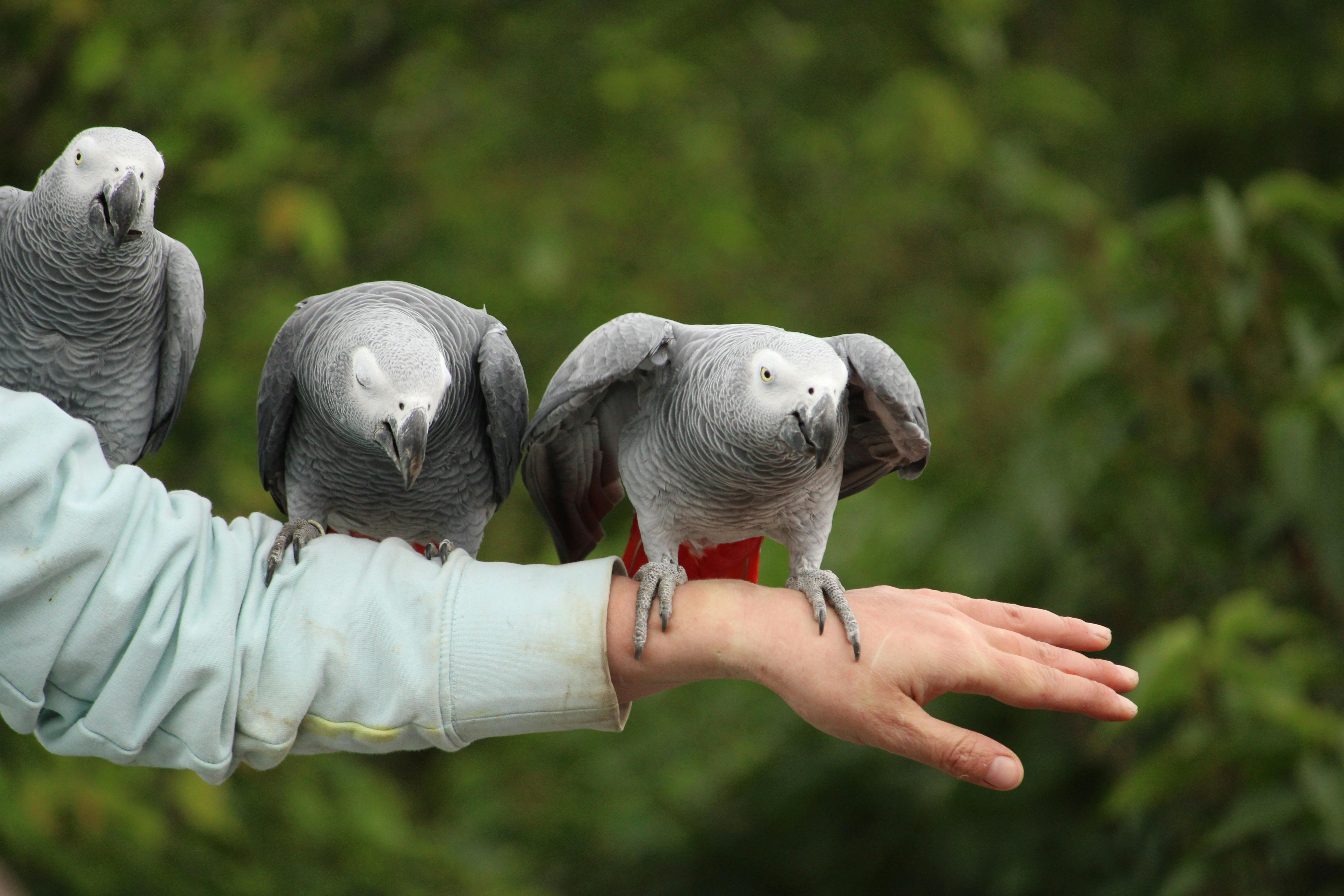
Smart Ways to Determine Angel Fish Prices in 2025
As an essential part of the aquarium ecosystem, angelfish are popular choices for both novice and experienced aquarists. Understanding the angel fish price in 2025 is crucial for ensuring a well-informed purchase that aligns with your budget and expectations. This article will explore the various factors affecting the price of angelfish, from species specifics to market trends, enabling you to make knowledgeable decisions when buying angelfish for sale.
The cost of angelfish varies based on several factors, including species, size, and market demand. In addition to understanding how to price your angelfish, it's essential to consider angelfish care and maintenance costs to ensure the health and longevity of your new pets. This article serves as a comprehensive guide to help you navigate the angelfish market effectively.
We will also provide insights into the best angelfish species, so you can determine which one suits your aquarium ambiance best. Let’s dive into the specific price factors for angelfish, helping you smartly navigate the marketplace.
Understanding Angelfish Price Factors
To effectively evaluate the angelfish cost, you must first understand the various elements influencing their pricing. The following subsections outline crucial price determinants for angelfish.
Species and Variety
The angel fish varieties you choose can significantly influence price. Different species exhibit varying characteristics that range from coloration to size and behavior. For instance, some premium angelfish types, like the Koi or Platinum, often command higher prices due to their breathtaking appearance and breeding scarcity.
In 2025, the popular angel fish breeds likely feature the standard Black Marble and the Blue Angelfish, while unique types reflect emerging aquarist trends. Economic conditions can also create demand fluctuations, affecting pricing. Being mindful of trending species can help you leverage better deals while shopping.
Size and Age of the Fish
Typically, larger and older angelfish tend to be more expensive, a factor that aligns with the principle of quality over quantity. There are various angelfish sizes and price correlations; larger specimens are often viewed as more robust and healthy. Thus, consider adult fish when factoring total expenses and value.
Health and Breeding Conditions
The angelfish health issues faced during breeding and care can influence the angelfish breeding cost significantly. Healthy fish that are cared for properly will retain value better than poorly kept specimens. When assessing the price, inquire about the fish’s health history, correct feeding schedules, and living conditions to ensure you’re purchasing healthy aquariums.
Market Supply and Demand
As with any market, the dynamics of supply and demand heavily influence angelfish price trends. High demand from aquarists can drive prices up, while increased availability from wholesalers can lead to competitive prices. Understanding these market dynamics will arm you with necessary insights as you engage in the angelfish market research.
Location and Online Shopping Options
Finally, geographic location plays a significant role in price variances. Local fish shop angelfish prices may be higher than those from online vendors due to additional overhead costs. This reinforces the importance of knowing where to buy angelfish, as both local fish shops and online angelfish shops offer unique advantages. By comparing price points, you can make the most informed purchase.
Evaluating Angelfish Maintenance Costs
While it is essential to determine the initial angel fish pricing, it’s equally crucial to understand associated maintenance costs. Below are several maintenance topics you should consider when purchasing angelfish.
Angelfish Tank Setup
Setting up the right aquarium for your angelfish is foundational to their health and happiness. Invest in a tank that meets the optimal conditions for angelfish, such as size amplification as they grow. While angelfish are known to thrive in smaller tanks, they require 20 gallons or more for healthy growth. The cost of establishing a proper aquarium can weigh in heavily when considering angelfish tank requirements.
Diet and Feeding Schedule
The angel fish diet is diverse, and providing high-quality food will incur additional costs. Angelfish thrive on a mix of high-quality flakes, pellets, and occasional live food. Reassessing your feeding schedule can help prevent issues down the line while keeping your fish vibrant and healthy. Maintain a feeding schedule that reflects your fish's lifecycle and growth needs.
Water Quality and Parameters
Monitoring the angelfish water parameters such as pH, ammonia, and nitrate levels is critical for their longevity. Regular testing kits, aquarium filters, and water conditioners represent additional costs that will aid in maintaining a healthy environment conducive to the growth of your angelfish. Proper upkeep of water quality can extend your fish's life, making it a worthwhile investment.
Buy Angelfish in Bulk
If you are considering investing in more than one angelfish, explore the possibility of buying angelfish in bulk. Many vendors offer discounts on purchases of multiple fish, especially in wholesale scenarios. Group purchases can result in significant savings, while ensuring your tank is stocked with compatible species. Familiarize yourself with angelfish auction prices to track potential savings.
Common Health Issues and Upkeep
Be aware of common angelfish health issues like ich or fin rot. The treatment of such conditions can be costly in both time and resources. Building an understanding of potential health costs upfront will aid in budgeting for future angelfish expenses.

Best Practices for Buying Angelfish
When navigating the decision to buy angelfish, specific practices will enhance your shopping experience and confidence. Here are some guidelines to consider.
Research and Planning
Developing an understanding of the angelfish species comparison allows you to weigh different fish varieties against one another. Researching the best breeds for beginners can provide valuable insights into required care levels, ensuring you get a compatible species. Moreover, evaluating angelfish behavior and compatibility with existing tank mates can help avoid future conflicts.
Visit Local Stores and Online Shops
Visiting local fish shops provides the opportunity to view fish in person, while also enabling you to engage with sellers who can offer expert recommendations. However, don’t discount the convenience of purchasing from online angelfish shops.
Inspecting Health and Quality
Ensuring the health status of angelfish before purchase is critical. Always conduct a physical inspection and inquire about return policies. Reputable shops will provide guaranteed health standards and offer advisable care tips for your new pets.
Engage with Aquarist Communities
Connecting with experienced aquarists through forums and communities can yield practical tips regarding purchasing angelfish. Engaging these communities can enhance your understanding of market trends and preferences, thereby enriching your buying strategies.
Utilize Auction Platforms
Angelfish auction prices provide opportunities to buy rare species at potentially lower costs. By staying informed about upcoming events, you can take advantage of competitive pricing for sought-after breeds. Just ensure to do your due diligence around seller credibility.

Q&A: Common Questions About Angelfish Pricing
As with any popular pet, numerous questions arise regarding the purchase and care of angelfish. Below are the most frequently asked questions regarding angelfish prices.
What is the average cost of angelfish?
The average cost of angelfish can range widely from $5 to $50 per fish, depending on species, size, and market availability. Specialty breeds may come at a premium, making it essential to research prices before purchasing.
Are there bulk discounts for buying angelfish?
Yes, many retailers offer discounts when purchasing multiple angelfish. This allows you to save while securing compatible species for a flourishing aquarium.
What are the ongoing costs of keeping angelfish?
Annual costs for keeping angelfish can vary based on maintenance, health care, feeding, and equipment upgrades. On average, expect ongoing costs to range from $200 to $500 per year.
How can I avoid common angelfish health issues?
Regular tank maintenance, optimal water quality, and a balanced diet are critical for preventing common angelfish health issues. Monitoring and caring for your fish daily can lead to a healthier aquarium environment overall.
Where can I find the best deals on angelfish?
To find the best deals, compare prices between local stores and online angelfish shops. Engaging with aquarist forums and auction platforms can also yield advantageous pricing opportunities.